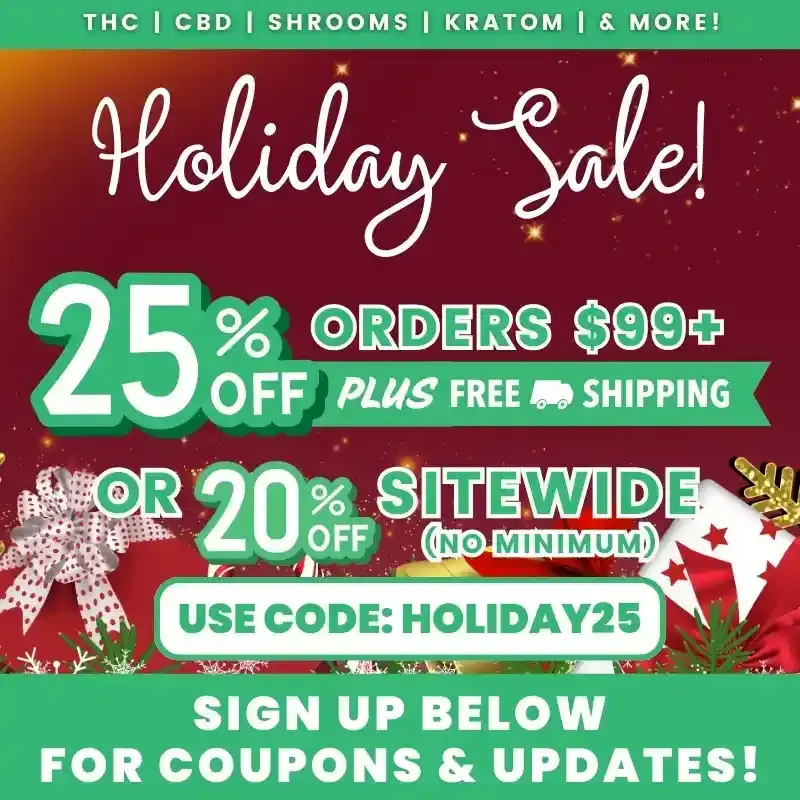
What is a Dispensary?
Do you know the difference between a cannabis store, a weed dispensary, and a pot shop? You do? Then you must have made it up. There is no difference!
There are, however, distinct, and significant differences between a CBD store and a dispensary. In this article, we’ll help differentiate between CBD stores and weed dispensaries. What kinds of products can you buy at a CBD store versus a weed dispensary? Is one option better than the other? What are the pros and cons of each? And how can you find a trust-worthy retailer?

What is a Dispensary?
The term dispensary was originally meant to refer to an establishment that supplies medication, medical supplies, and in some cases medical treatment.
With the spread of cannabis legalization, the term is often used to refer to cannabis dispensaries. Marijuana was first legalized in some areas for medical purposes only, bringing about medical marijuana dispensaries. With the legalization of recreational marijuana, there are also recreational marijuana dispensaries.
In many cases, the term “dispensary” has implicitly come to mean cannabis dispensary. Other names, which may be used interchangeably, include weed dispensary, pot shop, or cannabis store. A CBD store is technically different.

What is the Difference Between a CBD Store and a Dispensary?
Believe it or not, in order to understand the difference between a CBD store and a cannabis dispensary, we’ll need to first cover some plant chemistry and some legal loopholes.
Let’s start with some plant chemistry that laid the groundwork for those legal loopholes.

What’s the Difference Between Hemp Versus Cannabis?
Cannabis is sometimes called marijuana or weed. All of these terms refer to the cannabis sativa plant, which is rich in bioactive compounds. Specifically, cannabis is rich in cannabinoids such as THC, CBD, and many more.
THC, short for delta-9-tetrahydroxycannabinoid, is the compound that is primarily responsible for the psychotropic effects of cannabis. Other cannabinoids, such as CBD aka cannabidiol, are still bioactive, and can have powerful effects, but will not make you high. (For more about how THC behaves in your body and brain, check out this article on The Science of Getting High.)
For that reason, THC is the compound that is most significant from a legal standpoint. In fact, cannabis sativa is classified according to the dry weight percentage of THC that is present in the plant. At growing concentrations of above 0.3%, the plant is classified as cannabis. At concentrations less than 0.3% THC, the same plant is now called hemp.
According to the 2018 Agricultural Improvement Act (aka the 2018 Farm Bill), cannabis and hemp are treated differently under federal law. Above concentrations of 0.3% THC, cannabis sativa is federally illegal. Very illegal, in fact – it is classified as a Schedule I drug under the Controlled Substances Act. Schedule I is the highest, most restricted classification, along with heroin, LSD, and peyote. In the eyes of the federal government, these drugs have a high potential for abuse and no accepted medical use. Obviously, this stance is politically driven and not in accordance with modern research. That is why most states have legalized cannabis for medical and/or recreational use, overriding federal law.
And yet, if the same exact plant is grown with concentrations of THC less than 0.3% THC, it is now called hemp, and is in fact, perfectly legal, even in the eyes of the federal government.
Chemically speaking, the molecules extracted from hemp are identical to the molecules extracted from cannabis. Remember, they’re technically the same plant. That means that you can easily extract THC from hemp, even though concentrations are below a certain limit.
To make the legal technicalities even more ridiculous, you can actually derive THC from CBD via a chemical process called cyclization. There’s lots of CBD in hemp, because this compound is not limited in the United States. THC derived from CBD is considered hemp-derived THC. It is sometimes called semi-synthetic, which leaves it in a legal gray zone. Similarly, it is also possible to derive other THC derivatives from hemp – including delta-8-THC or HHC.

What is the Difference Between a CBD Store and a Dispensary?
Now that we’ve got that set straight, it should be easy to differentiate between a dispensary and a CBD store. A medical or recreational cannabis dispensary is authorized to sell cannabis/marijuana, whereas a CBD store can sell hemp products.
As we reviewed above, this means that a CBD store can sell products derived from the cannabis sativa plant, as long as the plant does not exceed 0.3% dry weight of THC. This does not mean that CBD stores will not also sell THC products. THC, as well as many derivatives such as delta-8 and HHC, can be easily derived from hemp.
Due to the legal restrictions, a CBD store may tend to focus on other cannabinoids as well, such as CBD, CBN, or the multitude of other cannabinoids that are found in cannabis. There are likely over 100 cannabinoids to be found in the cannabis plant, and just because THC is the only one that’s naturally available in high enough doses to get you high, it doesn’t mean that it’s the only important one. Far from it.

The non-THC cannabinoids, especially CBD, can help to create a more balanced experience, as these “lesser” cannabinoids tend to influence the quality of the high. In some cases, they may help to reduce anxiety and paranoia sometimes associated with cannabis use. They may also induce healing effects, both emotionally and physically.
Cannabinoids aren’t the only important compounds either. The cannabis plant also has compounds called terpenes, which contribute significantly to the flavor and aroma profile, and may furthermore influence the quality of the high – a phenomenon popularly known as the entourage effect.

Advantages of Purchasing From a CBD Store
Due to legal reasons, CBD stores may actually offer a variety of advantages compared to dispensaries. Some of these include:
- More balanced products, with a focus on beneficial compounds like CBD, terpenes, and lesser cannabinoids
- Hemp-derived THC and THC derivatives
- Accessible price points
- Better accessibility due to fewer legal restrictions – including nation-wide shipping
- Variety of products to choose from, including flower, edibles, and extracts

How to Find a CBD Store or a Dispensary Near Me
Now that you’re fully armed with the knowledge about the difference between a CBD store and a dispensary, you are ready to find a vendor that you trust. As with any pharmacologically active substance, it’s so important to find a reliable supplier to ensure the quality and safety of your purchases.
Fortunately, these days, you don’t need to blindly search for a “recreational dispensary near me” – because you can shop from the comfort of your home.
Green Dragon CBD is a family-owned and operated business, supplying a carefully curated selection of trustworthy national brands. We believe in education and accessibility – which is why we offer free consultations, and have programs in place to provide discounts and keep prices low.
If you have questions about any of our products, please feel free to contact us for a free consultation.










